Simple Home Remedies For Indigestion
By Dr Smita Barode +2 more

Get,

to manage your symptom
Get your,


4 Cr+ families
benefitted

OTP sent to 9988776655



You’ve successfully subscribed to receive
doctor-approved tips on
Whatsapp

Get ready to feel your best.

Hi There,
Download the PharmEasy App now!!


Register to Avail the Offer
Send OTPBy continuing, you agree with our Privacy Policy and Terms and Conditions

Hi There,
Sign up on PharmEasy now!!
Trusted by 4 crore+ families

OTP sent to 9988776655



You have unlocked 25% off on medicines




Code: NU25
By Dr Smita Barode +2 more
Table of Contents
Indigestion (dyspepsia) is slight discomfort in the upper abdomen or belly. It frequently happens during or immediately after eating1. Indigestion, sometimes known as a sour stomach, can occur occasionally or frequently. It may produce pain or a burning sensation in the abdomen2.
The efficiency of your digestion is determined by the power of your digestive fire (Agni). Suppose your food intake is large and heavy, very liquid, or quite dense in quality. This is opposite to digestive fire properties and can inhibit the normal function of the digestive fire, resulting in indigestion3.

Did you know?
The most common causes of indigestion include
Other causes of indigestion are
Functional dyspepsia is relapsing and remitting. Population studies have shown that 15% to 20% of patients have persistent symptoms during extended follow-up, while 50% have complete resolution of symptoms. Dietary hygiene remains the best treatment.
Dr. M.G. Kartheeka, MBBS, MD(Pediatrics)
Symptoms of indigestion may include:
Changing eating habits, such as giving adequate time for meals, avoiding disputes during meals, avoiding exercise immediately after a meal, chewing food properly and completely, relaxing, and getting enough rest if indigestion is caused by stress, can help to reduce indigestion. You may require medications to manage indigestion based on your condition1.
You can follow these home remedies that will help to cure indigestion in a safe and natural way.

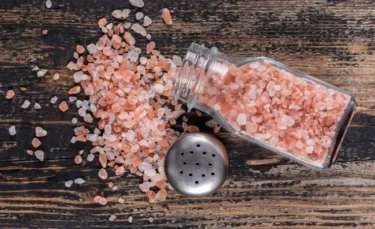
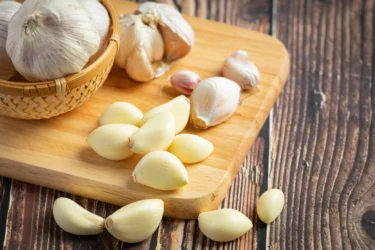

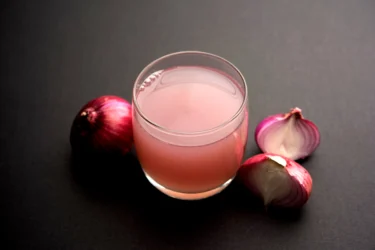
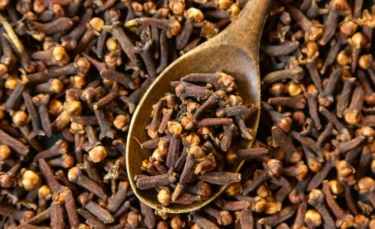


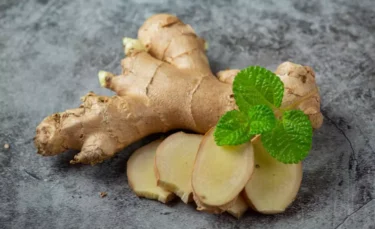
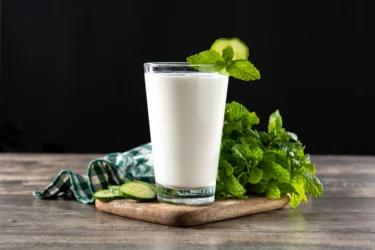
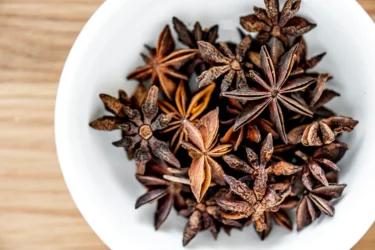

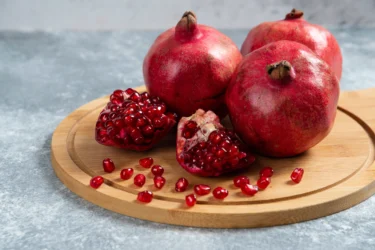
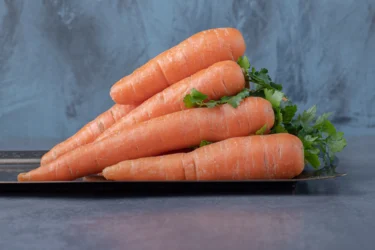
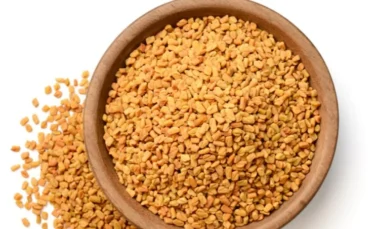

Those who suffer from indigestion should adhere to specified food guidelines. These include not eating and drinking simultaneously, never rushing through a meal, never eating on an empty stomach, never sitting down to a meal when anxious, tired, excited, or in a bad mood, and not eating if your appetite is lacking4.
Also Read: Natural Home Remedies for Loose Motion
It is common to have stomach pain now and then. However, frequent stomach issues can prevent you from eating, sleeping, or working well. If indigestion is impacting your quality of life, it’s time to contact a doctor. Several professionals can assist you. Consult a doctor and a dietician for the treatment. You should consult a doctor if you experience any of the following symptoms2.
A doctor will review your medical history, symptoms, and lifestyle. They will conduct a physical examination to examine your abdomen for swelling or pain with a stethoscope2.
Also Read: 5 Instant Home Remedies For Gastric Problem
Indigestion (dyspepsia) refers to a slight stomach discomfort that occurs in the upper abdomen or belly. It often occurs at the time of eating or immediately after eating. It may cause abdominal pain or a burning sensation2. It may be caused due to eating too much or too fast, eating spicy or acidic foods, high-fibre foods, drinking too many caffeinated beverages, alcohol, experiencing stress or anxiety, taking certain medications such as aspirin on an empty stomach, smoking or chewing tobacco1,2. Simple home remedies that may help with indigestion include consuming mint juice with honey, drinking bay leaf tea with a pinch of cardamom, taking thin buttermilk mixed with pepper powder and cumin powder, etc3. If you have frequent or bloody vomiting, chest pain, black stools, difficulty in breathing, jaundice, unexplained weight loss, and severe belly pain, you should see a doctor for proper treatment2.
Also Read: Simple Home Remedies For Bloating
Indigestion is slight discomfort in the upper abdomen or belly that frequently happens during or immediately after eating1.
Yes, simple home remedies that may help with indigestion include consuming onion juice with honey, drinking bay leaf tea, chewing grated ginger with lime juice and salt, etc3.
Eating too much or too fast, high-fibre food, spicy or acidic foods, drinking too many caffeinated beverages, alcohol, experiencing stress or anxiety, taking certain medications such as aspirin on an empty stomach and smoking or chewing tobacco are the common causes of indigestion1.
Abdominal bloating, gas, burping, acidic taste in the mouth, nausea, vomiting, burning pain in the stomach or upper abdomen and gurgling sound in the stomach are the symptoms of indigestion2.
When you modify your diet and habits, you may notice a significant reduction in indigestion. If you must take medication for indigestion, do so only with your doctor’s permission. Long-term side effects are possible with several drugs. These could include a higher risk of infections or a deficiency in essential nutrients2.
Disclaimer: The information provided here is for educational/awareness purposes only and is not intended to be a substitute for medical treatment by a healthcare professional and should not be relied upon to diagnose or treat any medical condition. The reader should consult a registered medical practitioner to determine the appropriateness of the information and before consuming any medication. PharmEasy does not provide any guarantee or warranty (express or implied) regarding the accuracy, adequacy, completeness, legality, reliability or usefulness of the information; and disclaims any liability arising thereof.
Links and product recommendations in the information provided here are advertisements of third-party products available on the website. PharmEasy does not make any representation on the accuracy or suitability of such products/services. Advertisements do not influence the editorial decisions or content. The information in this blog is subject to change without notice. The authors and administrators reserve the right to modify, add, or remove content without notification. It is your responsibility to review this disclaimer regularly for any changes.
Comments

Leave your comment...
You may also like
Comments